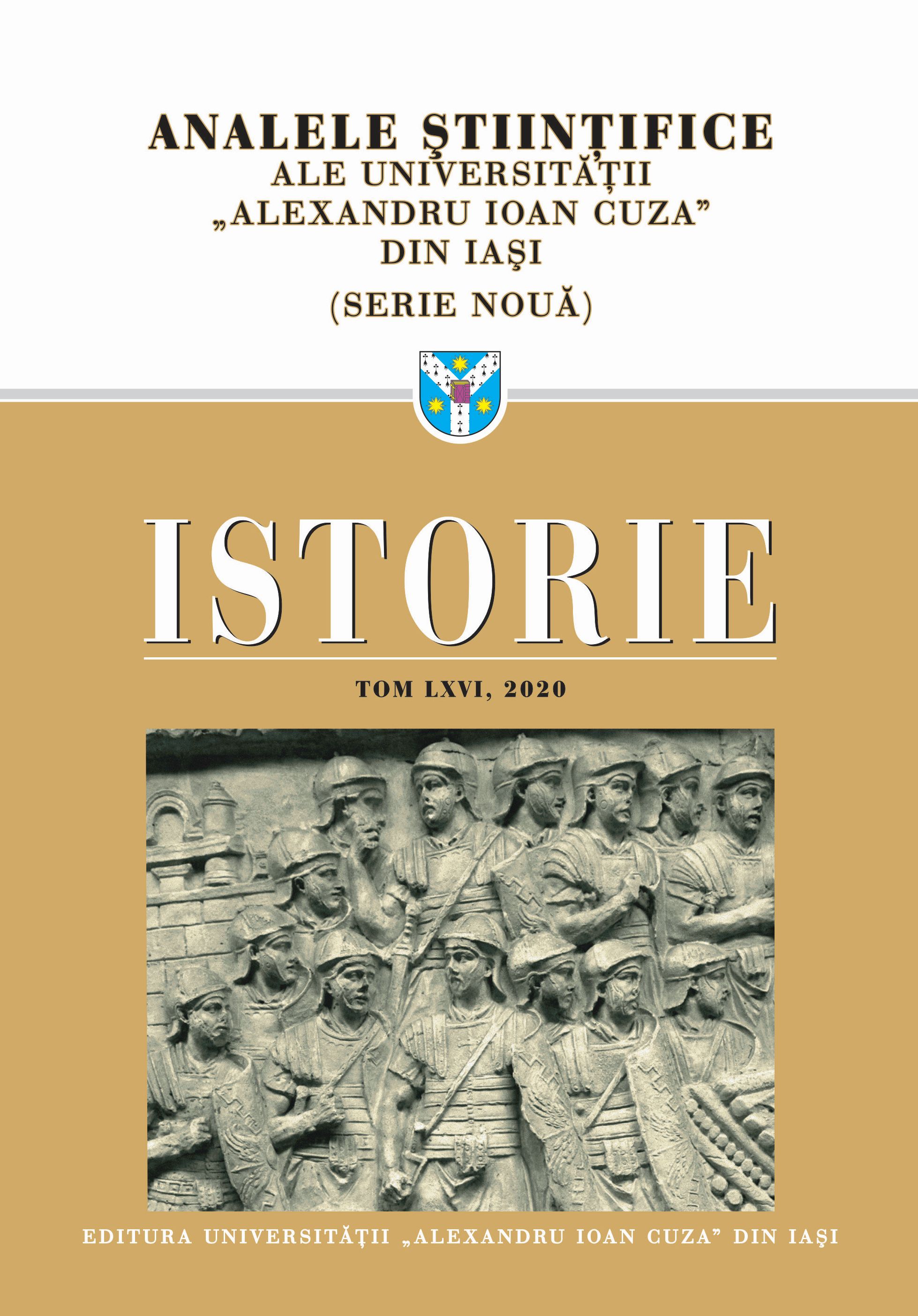Remembering the Romanian war: the refugees and their memoirs from Moldavia (1916-1918)
Remembering the Romanian war: the refugees and their memoirs from Moldavia (1916-1918)
Author(s): Claudiu-Lucian ToporSubject(s): History, Diplomatic history, Military history, Recent History (1900 till today), Pre-WW I & WW I (1900 -1919)
Published by: Editura Universităţii »Alexandru Ioan Cuza« din Iaşi
Keywords: refugees; war; remembrance; everyday life;
Summary/Abstract: The twentieth century has been seen as a century of refugees, although refugees have existed at all times throughout history. Millions of people abandoned their homes and migrated due to persecution, social conflicts, the collapse of old empires, the political climate and violent regime changes. The peak of forced migration was recorded at key moments that included the end of the two world wars. The peak of forced migration occurred at key moments that included the end of the two world wars. The number of refugees (of various categories) during the World War One can only be approximated. The statistics of the time indicate that at least six million people have been forced into exile. The number of refugees in Romania has also been high. After the enthusiastic entry into the war (1916), the government in Bucharest was forced to retreat from the advance of the German armies in Moldova, which was still free. Apart from the administration and officials, many ordinary people went into exile. The remaining authorities in the occupied territory could not stop this unpredictable exodus. Memoir writings reflect in detail this new and sad experience of war. In the story of the refuge, rich and poor people, boyars and peasants, soldiers and civilians, women and men, orphans, scouts, invalids and the sick were mixed. In Moldova, however, refuge has never been safe. In addition to the daily shortages, people live in a state of permanent alert. The Germans forced the front line in the summer of 1917, so refugees, especially the wealthy, embraced the idea of going abroad. The story of the exile mixed together rich and poor people, aristocrats and peasants, soldiers and civilians, women and men, orphans, scouts, the invalids and the sick. In Moldavia, however, retreat was never safe. In addition to everyday shortages, people lived in a state of permanent alert. The Germans forced the front line in the summer of 1917, and the refugees, especially the wealthy, embraced the idea of going abroad. The memoirs of refugees talk about suffering, and about how fragile was the border between life and death. This also seems to be the insightful revelation of these long-forgotten sources. The memoirs of the survivors offer a different (tragic) image of a war sometimes often presented solely in vibrant images permeated by patriotism. Romanian refugees became heroes through the very act of retreat. By leaving their homes threatened by the enemy, they had refused to serve a foreign administration and the enemy's war purposes. Few references associate the heroism of these poor people with the harsh living conditions. They had left their native regions for fear of the enemy and found themselves in a foreign world, deprived of food and shelter. Rediscovered and carefully explored, the memoir writings of the time repair this distorted image of refugees. It puts on paper their whole procession of ordeals.
Journal: Analele Ştiinţifice ale Universităţii »Alexandru Ioan Cuza« din Iaşi. Istorie
- Issue Year: 2020
- Issue No: 66
- Page Range: 337-346
- Page Count: 10
- Language: English
- Content File-PDF

